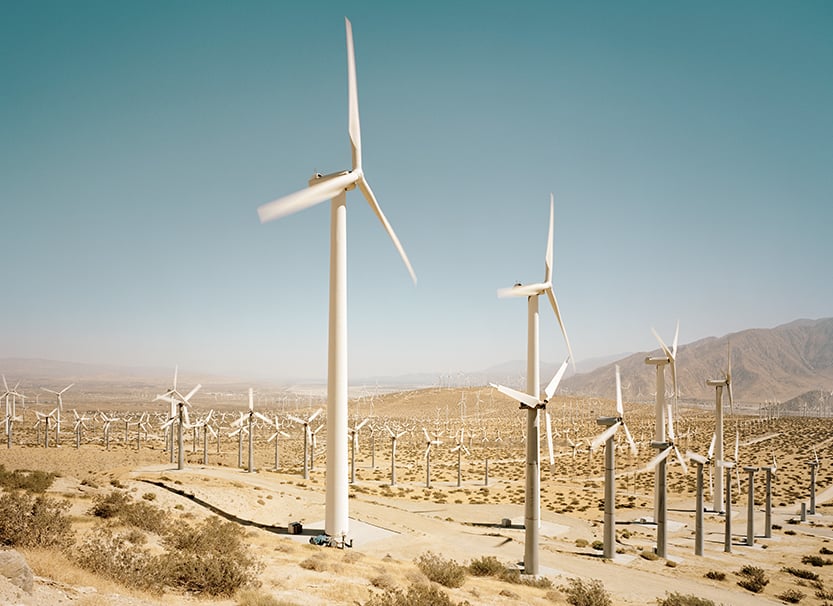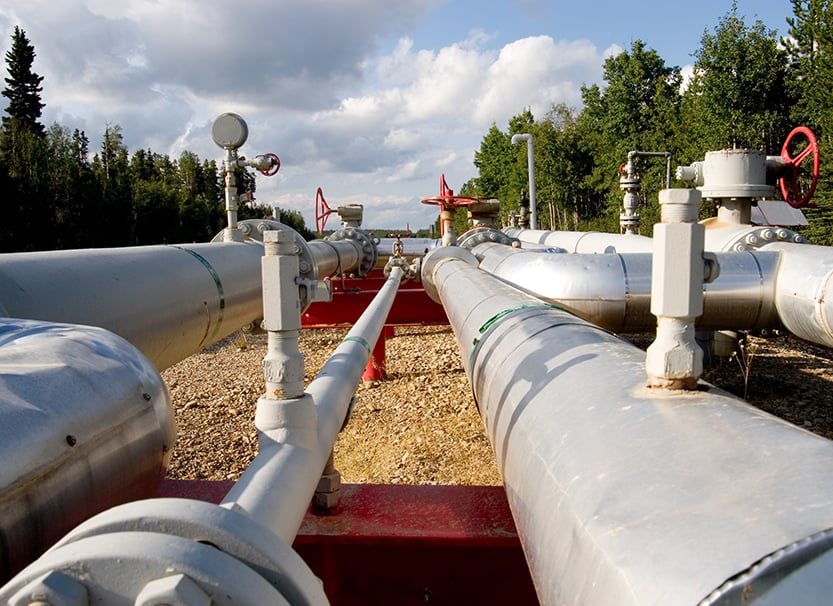D.C. Circuit Upholds U.S. EPA’s 2021 Interstate Ozone Transport Rule
On March 3, 2023, the D.C. Circuit Court of Appeals rejected an industry challenge to the April 2021 Revised Cross-State Air Pollution Rule (CSAPR) Update Rule from the Environmental Protection Agency (EPA or Agency), which required power plants in 12 “upwind” states to reduce nitrogen oxide (NOx), an ozone precursor, emissions such that those states did not inhibit downwind states’ ability to comply with the 2008 Ozone National Ambient Air Quality Standard (NAAQS).

EPA Acts on Interstate Transport Requirements for Ozone Under State Implementation Plans
On Tuesday, January 31, EPA Administrator Michael Regan finalized EPA’s disapproval of State Implementation Plan (SIP) submissions for 19 states regarding the interstate transport of ozone under the 2015 eight-hour ozone national ambient air quality standards (NAAQS) of 70 parts per billion. Under the Clean Air Act, states were required to submit SIPs for the 2015 eight-hour ozone standard by October 1, 2018. The Clean Air Act required the SIPs to include “good neighbor” provisions, which prohibit emissions that either significantly contribute to nonattainment in a neighboring state or interfere with maintenance of the NAAQS in a neighboring state.
EPA Proposes Change to Treatment of Fugitive Emissions in New Source Review
On October 13, 2022, the U.S. Environmental Protection Agency (EPA) released a proposed rule changing the treatment of fugitive emissions in determining whether a modification is major under the New Source Review (NSR) provisions of the Clean Air Act. The proposed rule — which modifies NSR regulations that have been stayed since 2009 — would require all major sources to consider fugitive emissions when determining whether a proposed change would constitute a major modification. Regulated entities considering changes to their existing facilities should monitor the progress of this rule and consider commenting.
U.S. EPA Proposes New Risk Management Program Standards for Stationary Sources
On August 19, 2022, the U.S. Environmental Protection Agency (EPA) issued a proposed rule to revise Risk Management Program (RMP) standards for stationary sources using certain regulated substances under the Clean Air Act (CAA). EPA’s proposal marks the latest reconsideration of a rule issued under the prior administration, as directed by Executive Order 13990. The proposed changes include more stringent requirements for accident prevention, emergency preparedness, and public availability of information as well as regulatory clarifications, with climate change and environmental justice featured prominently as a basis for many proposed changes. Interested parties will have 60 days to comment on the proposed rule following publication in the Federal Register.

EPA Conducts Flyovers in New Mexico and Texas
On August 1, 2022, the U.S. Environmental Protection Agency (EPA) announced that it is conducting helicopter flyovers of the Permian Basin region in New Mexico and Texas. EPA asserted that the purpose of the flyovers was to “survey oil and gas operations to identify large emitters” of methane and volatile organic compounds. This follows recent flyovers conducted in other regions for the same purpose.
Supreme Court Upends EPA’s Broad Claims of Climate Regulatory Authority
On Thursday, June 30, the U.S. Supreme Court released its decision in West Virginia v. EPA, holding that the Environmental Protection Agency (EPA) exceeded its statutory authority in adopting the Obama-era Clean Power Plan (CPP). The 6–3 decision may limit EPA’s ability to address greenhouse gas (GHG) emissions comprehensively. A summary of the Court’s reasoning is set out below, followed by four “key takeaways.” (more…)
U.S. Supreme Court Denies Request to Reinstate Injunction of Social Cost of Greenhouse Gases
On May 26, 2022, the U.S. Supreme Court issued an order in Louisiana v. Biden denying a request to intervene and reinstate a district court order that had blocked the administration from using a key climate metric, known as the social cost of greenhouse gas emissions (SC-GHGs). In 2021, the Biden administration set various interim SC-GHGs, including the SC-CO2 at $51 per metric ton of carbon dioxide, which two groups of states have challenged in federal courts in Louisiana and Missouri. (more…)
EPA Proposes “Good Neighbor” Plan Addressing Regional Ozone Transport for the 2015 Ozone National Ambient Air Quality Standard
On April 6, 2022, the U.S. Environmental Protection Agency (EPA) is scheduled to publish its proposed Federal Implementation Plan Addressing Ozone Transport for the 2015 Ozone National Ambient Air Quality Standards (NAAQS), otherwise known as the latest iteration of EPA’s Cross-State Air Pollution Rule or “Good Neighbor” Plan. The proposal would subject 26 upwind states to the “good neighbor” or “interstate transport” provision of the Clean Air Act because EPA is proposing to find that nitrogen oxide (NOx) emissions, which are a precursor to ozone formation, from the upwind states significantly contribute to downwind states’ attaining and maintaining the 2015 ozone NAAQS.
EPA Poses Questions to New St. Croix Refinery Owners to Make Prevention of Significant Deterioration Permit Determination
On March 22, 2022, the U.S. Environmental Protection Agency (EPA) sent a letter to the West Indies Petroleum Limited and Port Hamilton Refining and Transportation LLLP, the new owners of the St. Croix refinery (Refinery). The letter addresses permitting requirements for the Refinery under the Clean Air Act’s Prevention of Significant Deterioration (PSD) regulations — and offers insight into the agency’s current practice for evaluating PSD requirements when a source seeks to restart a permitted facility. (more…)
Eighth Circuit Denies Rehearing Request in Wide-Ranging New Source Review Appeal
On November 30, 2021, the U.S. Court of Appeals for the Eighth Circuit denied cross-petitions for rehearing in United States v. Ameren Missouri, a case that addressed the reach of the new source review (NSR) requirements of the Clean Air Act (CAA). In denying the cross-petitions, the Eighth Circuit left in place an August 20, 2021, panel decision that, among other things, upheld the Eastern District of Missouri’s decision to impose injunctive relief for past NSR violations but reversed the District Court’s decision to require controls at a different power plant operated by Ameren as a way of offsetting past violations. As such, the court leaves in place precedent that sustains the United States’ authority to seek and obtain injunctive relief for wholly past violations — but may be cited as a limit on future government efforts to obtain relief beyond bringing a source into compliance. (more…)

